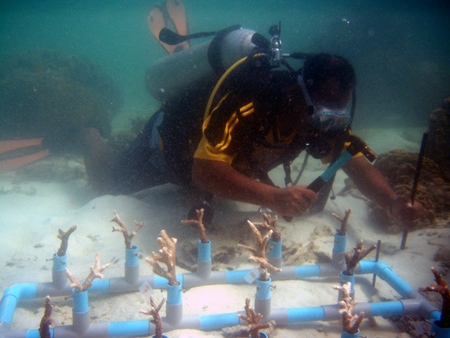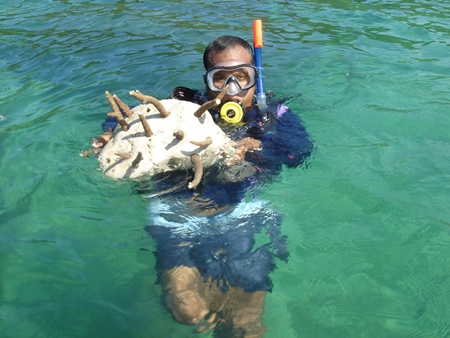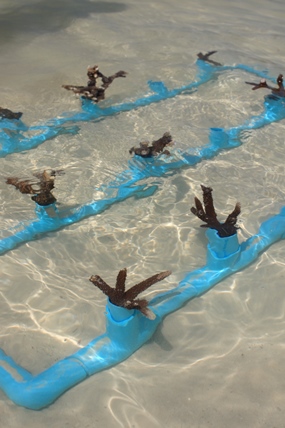Voluntourism can take many forms; thus Voluntourists can choose which type of activity or location they prefer to contribute their energies and services. One can join a project in a hilltribe village, a national park, an organic farm, or an elephant or marine conservation project.
As a volunteer, you can give much needed and appreciated help to the local community or national park. The goal is to teach the importance of conservation, protecting the environment and caring for the wildlife. In some cases, such as this, the purpose is to develop community based eco-tourism so that the locals – not overseas tour operators – are the major beneficiaries from eco-tourism-related packages and programs.

Responsible and community-based eco-tourism focuses on responsible travel and involves the local population in providing ecotourism services to visitors, offering an alternative income so that local people can benefit from preserving nature. Ecotourism is intended as a low-impact alternative to large-scale tourism.
Openmind Projects, OMP, www.openmindprojects.org, is an aid and education, non-government organization founded in 2001. Based in Thailand, it offers free educational and volunteer support to local communities, schools and national parks.

Openmind Projects supports responsible and sustainable community based eco-tourism to stimulate awareness of protecting and rehabilitating nature and wildlife among both tourists and in the local community. Volunteers can join many environmental and community projects in Thailand, including those supported by the TAT in its “The Little Big Project.”

Eco-tourism Volunteers in this project in Phuket contribute to sustainable eco-tourism and wildlife conservation in marine projects. They have the rare opportunity to observe a wide variety of Thai marine life, including turtles, manta rays, moray eels, sharks, coral fish and corals. These projects are suitable for volunteers interested in helping local communities preserve marine wildlife and to gain an extra income in doing so. Skilled divers may participate in dive surveys.
The aims of the Eco-Tourism and Marine Conservation Project in Phuket are to protect and rehabilitate Thailand’s coral reefs, marine eco-systems and mangrove forests while creating awareness of the importance of preserving these eco-systems. These coral reefs and mangrove forests are critical eco-systems to protect. The continued deforestation leads to food shortages for marine life and has a negative effect on the local economy.
The objectives of this worthy Voluntourism project are to involve the local population in providing eco-tourism services to visitors; to help local communities preserve marine wildlife and to gain extra income in doing so; to create awareness about the importance of protecting nature among both tourists and local people; and to foster respect for different cultures.
Volunteers work at the Thai Research Center in north Phuket by the Andaman Sea. It is focused on protecting marine life, sea turtles, coral reefs and fish. This is an amazing marine and coastal volunteer placement untouched by tourism yet near the bustling tourist spots in Phuket.
Volunteers joining this eco tourism and conservation project will get Openmind Projects online pre-departure handbooks and volunteer and cross-cultural training during the volunteer period.
Voluntourism is a far more sustainable – as well as equitable – kind of tourism for the 21st Century. International travellers are now aware not only of the damage that unplanned mass tourism can cause, but also of the deleterious effects that large numbers of tourists passing through any area will cause. In short, this is the time when the locals are getting involved, taking control, and managing the impacts that tourism has on their homes and villages themselves.
Volunteers always find their experiences on these projects highly rewarding and inspirational. The TAT realizes that this type of tourism is beneficial not only to the project areas and people, but to all the individuals contributing and participating as well. The hope now is that these projects will be just the beginning, and that many more worthwhile projects will be inviting volunteers to work with them to make the world a better place.
To learn more about this project and other Voluntourism projects supported by the TAT, please go to www.thelittlebigprojectthailand.com




